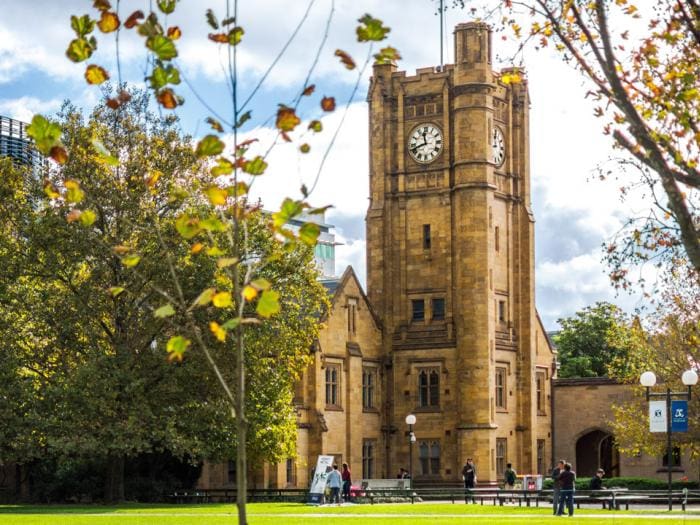University of Melbourne Vice-Chancellor Duncan Maskell has issued a public apology to casuals for a “systematic failure of respect,” and agreed to repay approximately $6 million in stolen wages. However, UniMelb casuals have described the apology as “not in good faith.” Meanwhile, the University of Sydney “still insists there is no wage theft.”
Maskell said that “As the Vice Chancellor, I give my assurance that the university will continue efforts already underway to fully remediate affected individuals’ claims, and put in place systems and processes to prevent these underpayments from being repeated.”
While this may be seen as an unusual step in the right direction, critics have said that the apology is not enough.
Jess Marion, who has been centrally involved in the push for the rights of casuals at the University of Melbourne, told Honi: “We just see it as not really offered in good faith … Duncan’s attitude of contrition isn’t really born out in our day-to-day experience”.
“They’ve been dragged kicking and screaming to this point … we’ve been campaigning on this for two and a half years and there’s no mention of the role of the NTEU or NTEU activists.”
”The publicity of Duncan’s apology is quite welcome but it doesn’t give a good sense of the reality of how we got here… He acknowledges that we have a systemic problem but the two concrete actions that he’s put in place are a hotline and a change to the payroll system which have never been among the demands of the NTEU or the casual activists.”
When asked what the most effective way to push management for change, Marion said that “there’s sort of an attitude like you have to take what you can get and you should feel lucky that someone’s thrown you a bone.”
“50% of the workers at Melbourne Uni are in insecure work so that means 50% of the workforce could collectively push for an improvement in our conditions, and that’s what’s happened here … I think we are starting to see that around the country.”
In light of this apology, The University of Sydney Casuals Network called for similar action, stating in a post that:
“It is striking that Sydney Uni still insists there is no wage theft at the institution, where casuals’ working conditions exactly parallel those of UniMelb.”
A report from the USyd Casuals Network showed that 90% of participants performed unpaid work during Semester 2, 2020 and participants performed 1,998 hours of unpaid work over the semester.
Branch committee member of the NTEU and USyd Casuals Network organiser Boncardo told Honi that “It took [casuals] twice as long to prepare for classes than they were paid for, same thing for marking … For every hour of face-to-face teaching they were doing another hour of what we might call administration activities.”
“Casuals are in a really tricky spot … They are often trying to build their CVs to get permanent jobs and so they will go beyond the meagre hours that they are given just to give students the minimum of what they need so that they get good feedback from students.” “Those conditions are in place in Sydney, those conditions are in place in Melbourne and all of that produces systematic underpayment and systematic wage theft.”
Boncardo said that part of the systemic underpayment of USyd’s casual workforce is the timesheet system: “If I put it in the actual hours that I work, HR will reject the timesheet out of hand … When the University claims to investigate by looking at timesheets, they’re looking at evidence that has already been kind of manufactured by them to make wage theft and underpayment invisible.”
On the same day that Sydney Uni’s PR machine celebrated R U OK? Day, University management rejected over 4,000 requests for casual conversion.
Boncardo has worked as a casual at Sydney Uni for five years, and when speaking on the matter said: “When you apply for conversion… they do have to give you a detailed explanation of why you have been rejected, but everybody got exactly the same rejection, so there can’t be any detail there.” This leaves the ball in the University of Sydney’s court, who have kept their head in the sand, despite recording a 2020 surplus of $106.6 million.





